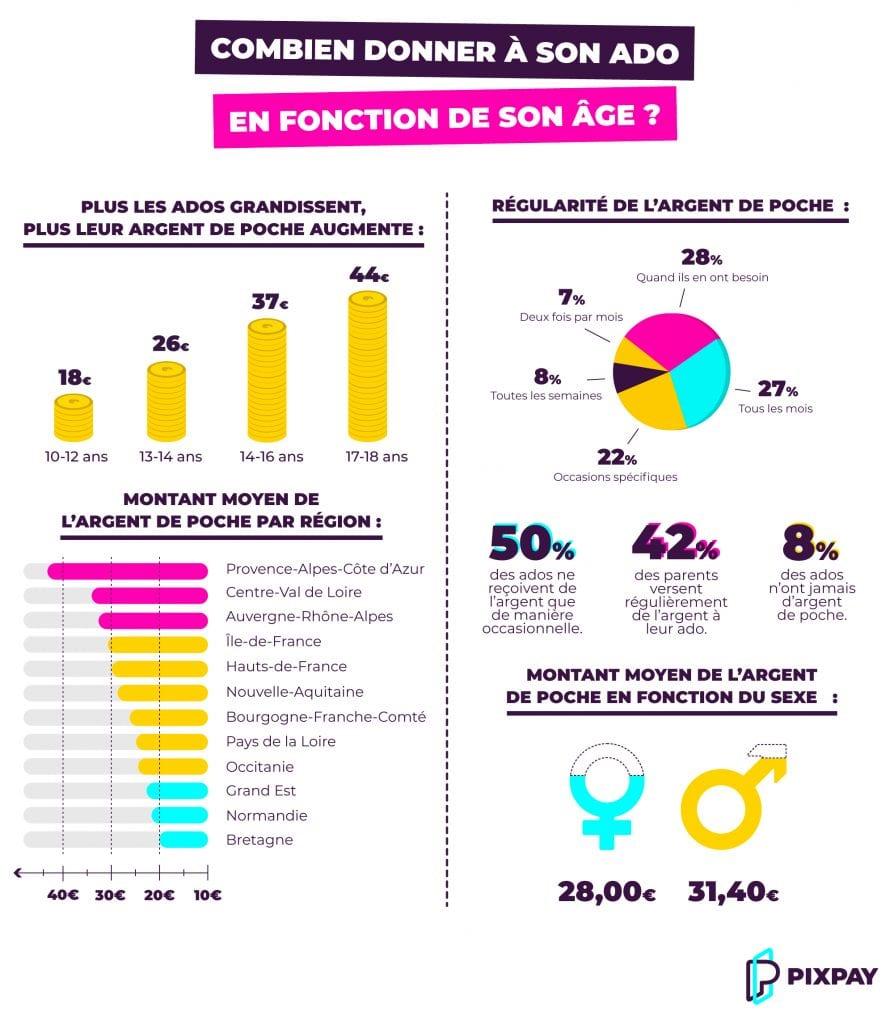
Teens: Should we give them pocket money?
Children are very early aware of the issues linked to money, it should be taken into account Consimes Coralie Vincens, child psychiatrist at the Henri Laborit de Poitiers hospital center.
The meaning of money
Money has educational value.Managing your first budget, even small, is to learn to save, not to have immediate satisfaction, but to project yourself.
Receiving pocket money is a sign of maturity for adolescents.
The 12 /18 year olds will find their autonomy there.The 18/25, the young adults, will seek their independence there.
At what age and what amount?
The question is how to raise awareness among children about money issues, without worrying with adult problems.Depending on the age of the child, then the adolescent, the sums of money and the frequency of distribution will vary.Small sums more often for the youngest and more substantial sums every month for adolescents.

Children very quickly perceive social inequalities through money.
Rules of the Game
What is important is that parents agree on the amount to be given and its objective.The child and the adolescent need coherence in the parental figure.Place the rules very early on will consolidate the position of the parents.
The situation of divorced parents, blended families, the intervention of grandparents, if the rules are not the same, can shake this delicate building.An emotional issue is also played behind this pocket money.
For what expenses?
The way parents give pocket money reveals the values they wish to transmit.
The figures show that girls receive less pocket money than boys.Teenagers spend money to buy clothes, for their leisure and outings.
The young generation is quite sensitive to ecological issues, they have more than their parents the fiber of recycling.They do not hesitate to resell their things to make some money.







